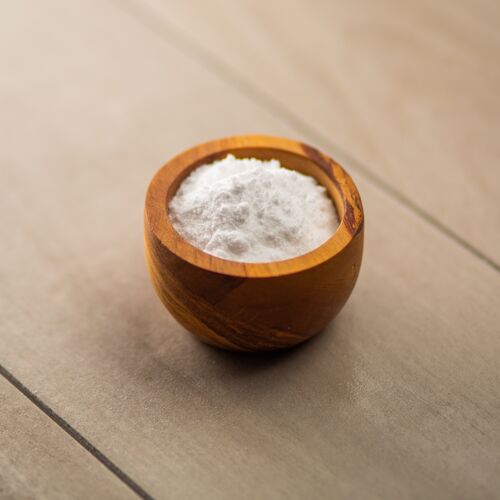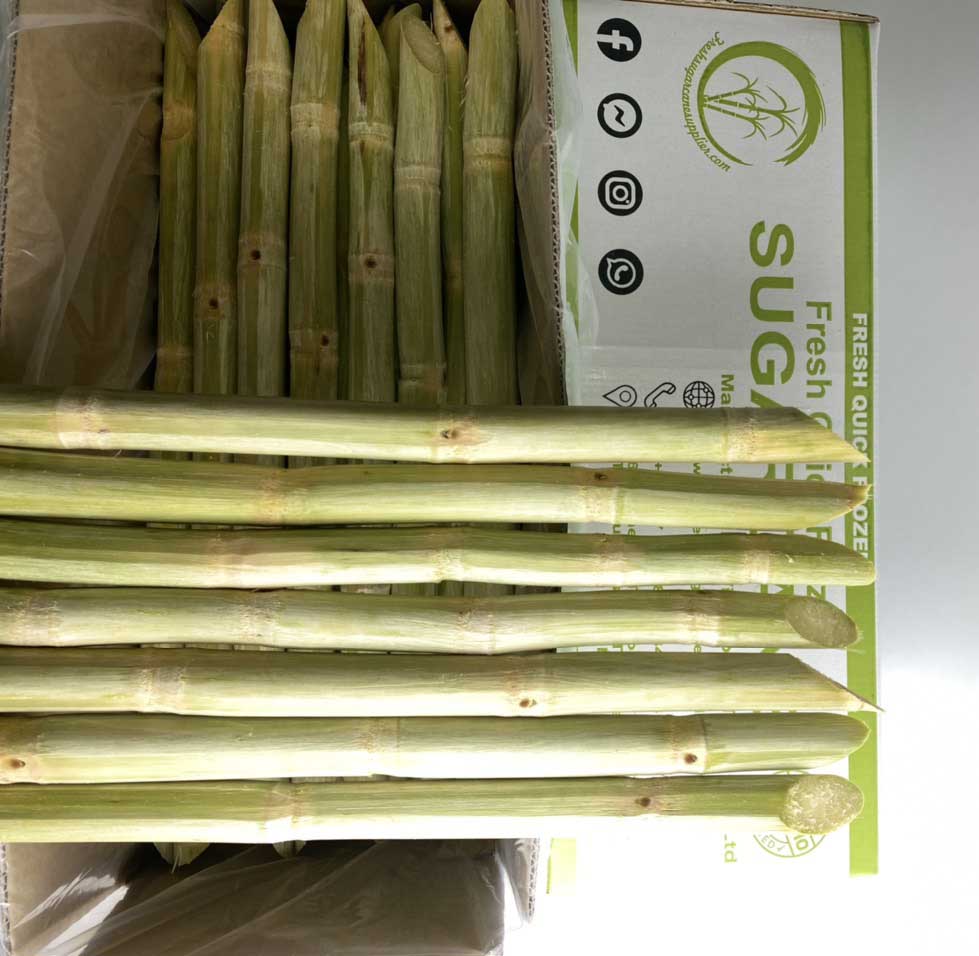Lasting Sugarcane Products: From Sweeteners to Eco-Friendly Product
The capacity of sustainable sugarcane products expands past standard sugar to include a series of environment-friendly products, providing a compelling case for their assimilation right into contemporary consumer practices - sugarcane product. As the globe faces pushing environmental issues, sugarcane arises as a functional source efficient in dealing with both dietary requirements and sustainability objectives. This discussion will check out how developments in sugarcane cultivation and handling can result in significant innovations in naturally degradable packaging and eco-conscious fabrics. What ramifications might these developments have for future customer selections and ecological impact?
Review of Sugarcane Sustainability
As the demand for eco-friendly items expands, comprehending sugarcane sustainability comes to be progressively essential. Sugarcane, a functional crop, is cultivated largely in subtropical and tropical areas, and its sustainability is essential for both ecological wellness and economic feasibility. Lasting sugarcane farming practices concentrate on decreasing ecological impact while making the most of efficiency and productivity.
Key elements of sugarcane sustainability consist of reliable land usage, reduced chemical input, and enhanced water administration. Practices such as plant turning, incorporated pest administration, and organic fertilizing add to dirt wellness and biodiversity. In addition, innovative modern technologies, such as accuracy farming, help enhance resource use and lower waste.
In addition, sugarcane is a renewable energy, with by-products that can be utilized in various industries, from biofuels to naturally degradable plastics, consequently lowering dependence on nonrenewable fuel sources and lessening carbon impacts. Qualifications like the Bonsucro standard encourage lasting techniques throughout the supply chain, advertising transparency and responsibility.

Sugarcane-Based Sweeteners
Using sugarcane as a main source, sugarcane-based sugar have actually gotten importance as natural alternatives to fabricated sweeteners and refined sugars (sugarcane product). These sugar, acquired from the extraction and handling of sugarcane juice, supply a variety of products that provide to diverse customer choices, including natural and minimally processed options
Raw walking cane sugar retains even more of the all-natural flavors and nutrients located in sugarcane, making it a favored selection for health-conscious consumers. Panela, a standard Latin American sweetener, is created by vaporizing sugarcane juice, preserving its all-natural minerals and vitamins.
The growing demand for sugarcane-based sugar is driven by enhancing understanding of health and sustainability problems connected with traditional sugar. By choosing sugarcane-derived products, customers not just support sustainable farming techniques but likewise add to a healthier lifestyle, straightening their nutritional selections with their environmental values.
Naturally Degradable Product Packaging Solutions
Emerging as a feasible choice to standard plastics, biodegradable packaging services stemmed from sugarcane are changing the product packaging sector. These cutting-edge products provide an eco-friendly choice that resolves the expanding problems over plastic air pollution. Utilizing the natural sugars found in sugarcane, producers are developing different types of naturally degradable packaging, consisting of films, containers, and wraps that break down more rapidly than traditional plastics.
The primary benefits of sugarcane-based product packaging hinge on its eco-friendly sourcing and its capacity to damage down into non-toxic byproducts. Unlike fossil fuel-derived plastics, which can persist in the environment for hundreds of years, sugarcane product packaging generally decomposes within a few months under correct problems. This decrease in waste not only reduces landfill overflow but additionally lowers the carbon impact linked with packaging products.
In addition, sugarcane-derived product packaging preserves robust performance qualities, providing similar sturdiness and performance to conventional alternatives. As organizations and consumers significantly prioritize sustainability, the fostering of eco-friendly packaging solutions stands for a substantial action find this in the direction of a circular economic situation, where products are reused and regrowed as opposed to disposed of. This shift not just improves brand name photo but likewise contributes to an extra sustainable future for the earth.
Eco-Friendly Textiles and Fabrics
Green textiles and textiles are acquiring grip in the fashion and home items industries as customers increasingly require sustainable options to traditional products. Amongst the noteworthy alternatives are fabrics acquired from sugarcane, which offer an ecologically responsible option to artificial fibers. These textiles are generated with a procedure that utilizes the renewable energies found in sugarcane, substantially reducing reliance on petroleum-based find out here products.

Brands are increasingly integrating green fabrics into their product, reflecting a wider commitment to sustainability. This change is not just a fad but a necessary evolution in reaction to environmental worries. As the marketplace for lasting fabrics broadens, customers can eagerly anticipate ingenious styles that integrate design with environmental obligation. Eventually, environment-friendly fabrics and materials stand for a considerable step toward reducing the fashion business's environmental footprint while catering to the expanding need for liable customer options.
Technologies in Sustainable Farming
Transforming farming practices, technologies in sustainable farming are changing the means crops are grown and taken care of. These developments concentrate on minimizing ecological influence while taking full advantage of performance and performance.

Moreover, agroecology, which integrates environmental concepts right into farming, promotes biodiversity and soil health and wellness. Practices such as plant turning, cover chopping, and intercropping foster resilient communities that can stand up to parasites and environment variants - sugarcane product. Additionally, making use of organic fertilizers and biopesticides contributes to much healthier dirts and ecological communities

Together, these technologies are not just improving the agricultural landscape but also adding to an extra lasting future for sugarcane and other crops, aligning farming exercise with environmental stewardship.
Conclusion
Lasting sugarcane products stand for a considerable advancement in environment-friendly alternatives, covering from all-natural sweeteners to naturally degradable products. As consumer preferences significantly lean towards lasting alternatives, the flexibility of sugarcane as an eco-friendly resource ends up being significantly relevant.
The capacity of lasting sugarcane products prolongs past traditional sweeteners to include an array of environmentally friendly products, offering a compelling situation for their combination right into modern consumer methods. Lasting sugarcane farming methods concentrate on minimizing environmental influence while making best use of productivity and success.
Lasting sugarcane items stand for a substantial development in environment-friendly options, extending from all-natural sugar to biodegradable goods. The cultivation of sugarcane through sustainable methods not only improves environmental health and wellness however additionally adds to financial feasibility. As customer choices significantly lean in the direction of lasting choices, the adaptability of sugarcane as a sustainable source ends up being progressively appropriate.